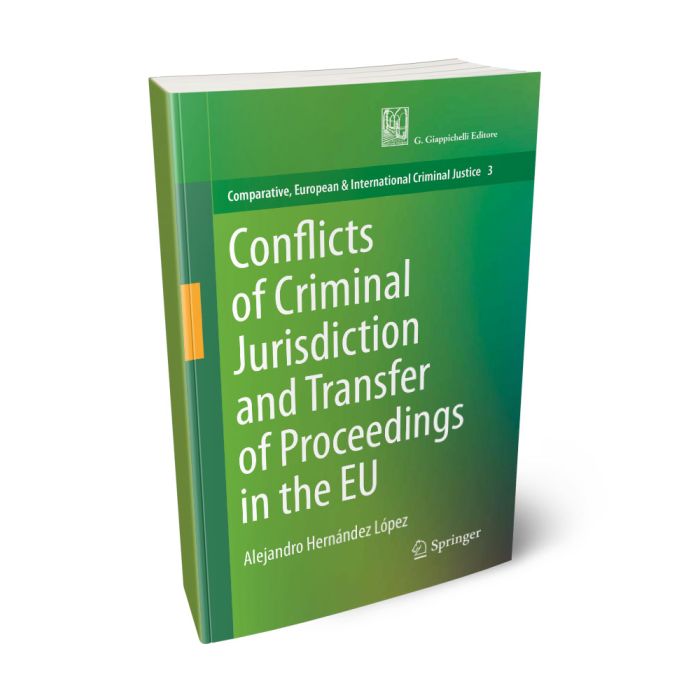Immediate availability
Receive it within 0 1 January

Conflicts of Criminal Jurisdiction and Transfer of Proceedings within the European Union
| ISBN | 9788892123533 |
|---|---|
| Pubblication year | 2022 |
| Pubblication month | Dicembre |
| Edition | I |
| Serie | Comparative European and International Criminal Justice |
| Format | Copertina Rigida |
| Pages | 217 |










